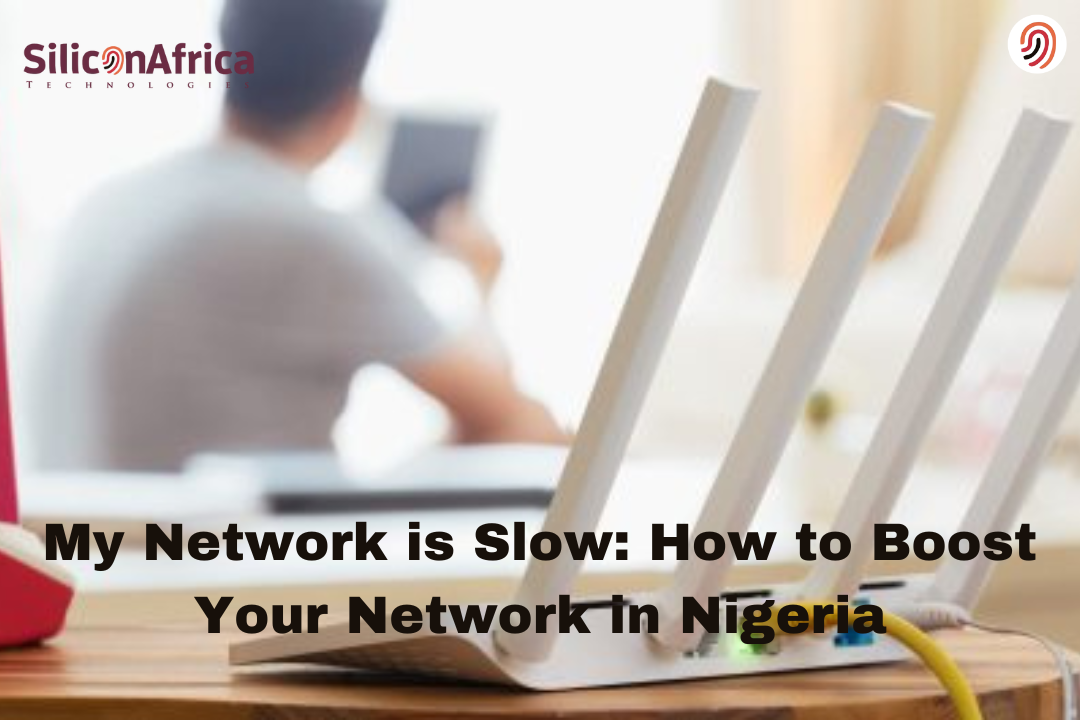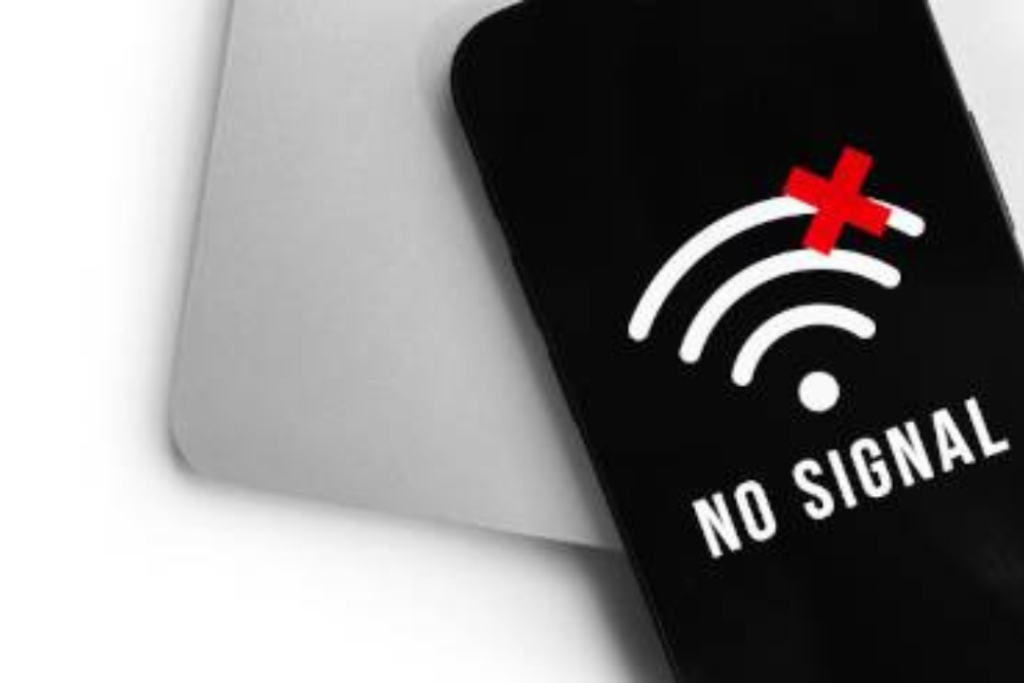Physical Address
60 Ekwema Cres, Layout 460281, Imo
Physical Address
60 Ekwema Cres, Layout 460281, Imo

Here in Nigeria, where reliable internet forms the nerve of everything from work to staying in touch with loved ones, a slow network can feel like a major obstruction.
Before flying your phone across the room, take a deep breath. There are some practical steps you can take to revive slow networks in Nigeria so that you can resume browsing, streaming, and connecting without interruptions.
If your network lags, it can be frustrating, especially when you are right in the middle of things. You are not alone if you have ever asked, “What should I do if my network is slow?“
Many things can be behind your slow Internet, from network congestion to old equipment. The good news is that you don’t need to be a technology guru to get your connection running well.
This article will teach you how to boost a slow network in Nigeria. From incessant buffering during the streaming of your favorite shows to slow downloads and video call lags, we have got your back.

A slow network is very annoying and inhibits productivity and enjoyment. Several factors can cause slowdown. Let’s discuss the common culprits and their possible solutions.
Network lag may be caused by too many devices competing for available bandwidth. This scenario is more apparent during peak usage times. To lighten congestion, consider reducing the number of devices connected to the network, prioritizing high-bandwidth activities, or upgrading to a higher internet plan.
These devices include cordless phones, microwaves, or even other Wi-Fi networks. Moving your router to the center, avoiding obstructions, or using a Wi-Fi Extender might also boost your WiFi Signal.
An old router or modem might be your culprit. Such ancient devices will not efficiently help today’s internet speed and connections. Hardware upgrades will effectively bring in performance, visible to the users.
The problem may sometimes be on your internet service provider’s side. Network outages, equipment malfunction, or overloaded servers could be the reason. Give your ISP a call and explain the circumstances. Ask for a possible solution they have.
Malware can be a bandwidth and system resource hog that slows down your network. Regularly scan your devices with good antivirus software for malware and viruses.
Settings within your web browser and its extensions also impact browsing speed. Clearing cache and cookies, turning off extensions not in use, updating your browser, etc. can help in performance.
Blown-out or loose Ethernet cables, malfunctioning network adapters, and issues with your home’s internal wiring can cause slow speed. Check for physical connections and replace any damaged parts.
By systematically addressing these potential causes, you can identify and resolve the root of your network slowdowns, restoring optimal internet performance.
Read Also – Six Ways to Boost your Internet Speed
Before you boost slow networks in Nigeria, it is essential to establish your baseline internet speed. Testing your speed many times a day with a hardwired device, if possible, will help calculate the average.
Note that Wi-Fi speeds are usually lower than hardwired speeds since there is a signal transmission via radio waves. With ease, you ought to be able to check the speed of your network:
These will help pinpoint exactly where your problem may be and how different factors affect your speed. Make sure to compare your results to find a good speed for your house Wi-Fi.
A slow network in Nigeria easily pervades many sections of society, some of the most critical sectors including:
Most of these impacts may be so lethal and hurt the productive being of individual organizations and people, thus quite often demanding proper remedies and boosts to slow networks in Nigeria.
Also Read – 8 Ways to Speed Up a Slow Smartphone
A slow network can be maddening, especially in a country like Nigeria, where speed is barely a friend to the internet. If you are having the “my network is slow issue” or keep asking what to do if my network is slow? Here are some steps you can take to improve your network speed:
Note that the same speed may vary across locations in Nigeria, depending on the kind of infrastructure provided by one’s ISP. If you have followed the above steps and everything isn’t working as expected, reach out to your ISP for further assistance.
Yes, several apps can help in pepping up slow networks in Nigeria. Ordinarily, these apps optimize your network connection, manage data usage, and improve performance. Some popular options include:
Note: These applications may not directly improve one’s speed about the internet, but will keep your network in order, detect connectivity problems, and increase performance.
Read Also – War-torn Sudan Turns to Starlink to Beat Internet Disruptions
Now that you have known how to boost a slow network and you are back to enjoying a smooth and fast network flow, maintaining a fast and reliable network is the next thing to do in Nigeria. To maintain a fast and reliable network after boosting involves several strategies:
When all of the above are applied, you will have a very fast and reliable network, which will ensure a consistent experience with the internet here in Nigeria.
Among the major factors causing slow networks in Nigeria are ISP problems, network congestion, and hardware issues.
It is recommended that at least 3Mbps be used for standard-definition streaming, while 5Mbps or higher is best for high-definition streaming.
This will involve limiting the number of devices connected to your network, using Quality of Service (QoS) settings, and considering upgrading to a mesh network system.
A VPN will surely improve your network’s security, but it won’t help much boost speed. It is only capable of optimizing traffic.
Go for a router with strong signal strength, dual-band, and QoS features.
If you ever catch yourself thinking, “My network is slow,” do not despair; there are many tried ways to boost slow networks in Nigeria. Just follow these steps, and you will vastly improve your connectivity and have a flawless online experience.
Remember what to do when your network is slow. It makes all the difference when using the Internet daily. We hope these tips help you improve your network speed. Kindly comment below if you have questions or experiences to share.
For more tips and updates, join our pages on Facebook: Silicon Africa, Instagram: @siliconafricatech, and Twitter: @siliconafritech.